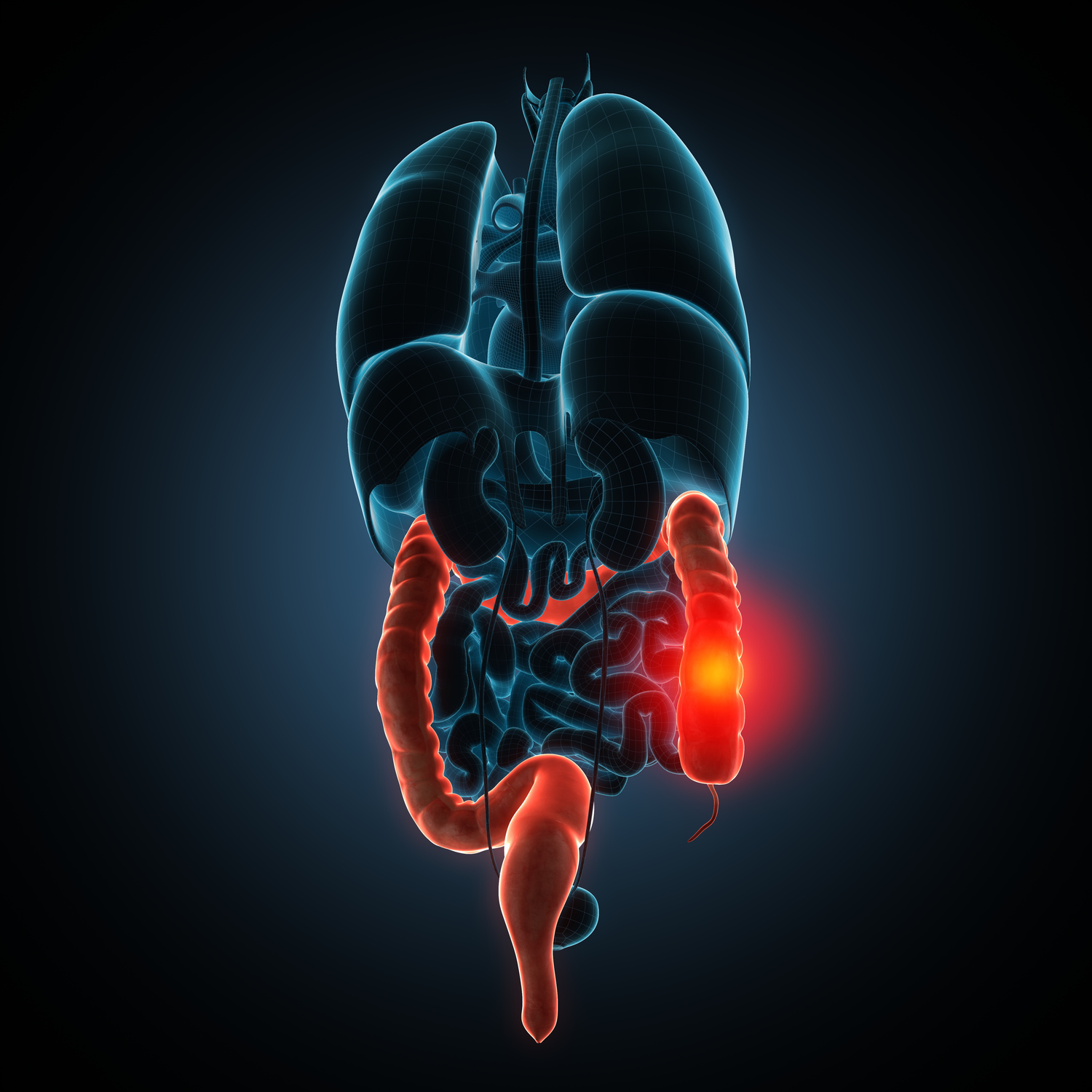Understanding Crohn’s Disease and Bowel Health: Essential Insights
Learn about Crohn’s disease and other bowel disorders, their symptoms, causes, and treatment options. This comprehensive guide covers diagnosis, lifestyle changes, and management tips to promote better digestive health and well-being.

Understanding Crohn’s Disease and Bowel Health: Essential Insights
Bowel conditions impacting the small intestine influence how food is digested and absorbed. These issues can also extend to other parts of the digestive system.
Fortunately, many bowel disorders are treatable. Accurate diagnosis begins with recognizing symptoms such as constipation or diarrhea, alongside:
Stomach pain or discomfort
Abdominal swelling
Bleeding from the rectum
Blood in stool
Changes in bowel habits
Mass in the abdomen
Fatigue and unexplained weight loss
If symptoms persist, consulting a healthcare professional is recommended for proper diagnosis and tailored treatment options.
Different bowel disorders exist based on symptoms, including:
Celiac Disease
Crohn’s Disease
Irritable Bowel Syndrome (IBS)
Intestinal Blockage
Celiac Disease – An autoimmune condition where gluten triggers an immune response damaging the small intestine lining. Consuming grains like wheat, barley, and rye causes discomfort and abdominal pain in affected individuals.
Crohn’s Disease – An inflammatory bowel disease characterized by the immune system attacking healthy tissues in the mouth, intestines, and anal area, causing inflammation and injury.
IBS – A functional disorder impacting both small and large intestines, leading to symptoms like cramping, gas, bloating, and altered bowel habits. About 20% of Americans experience IBS symptoms at some point.
Intestinal Obstruction – When the intestines become blocked, preventing proper food and stool passage. It can be partial or complete and may occur in multiple locations, often requiring urgent medical attention.
Other causes, such as infections, ulcers, neurological conditions, or cancers, can mimic these symptoms. Accurate diagnosis is crucial for effective treatment.
Causes of Bowel Disorders
The precise origins are often unknown, with factors like smoking, immune responses, diet, environmental influences, and prior surgeries contributing to risk.
Diagnosis
If experiencing relevant symptoms, consulting specialists is vital. Tools like the Rome criteria help diagnose conditions like IBS by assessing bowel movement patterns and other symptoms.
Managing Bowel Disorders
Treatments vary depending on the specific disorder. Lifestyle modifications, medication, or surgery might be recommended to improve symptoms.
Diet plays a pivotal role; avoiding trigger foods, increasing fiber intake appropriately, and following gluten-free diets for celiac disease can help manage symptoms. Tracking food intake and symptoms can also aid in identifying problem foods.
Regular exercise, sufficient sleep, and stress reduction are essential for maintaining healthy bowel function. Adopting a holistic approach can significantly improve quality of life.










